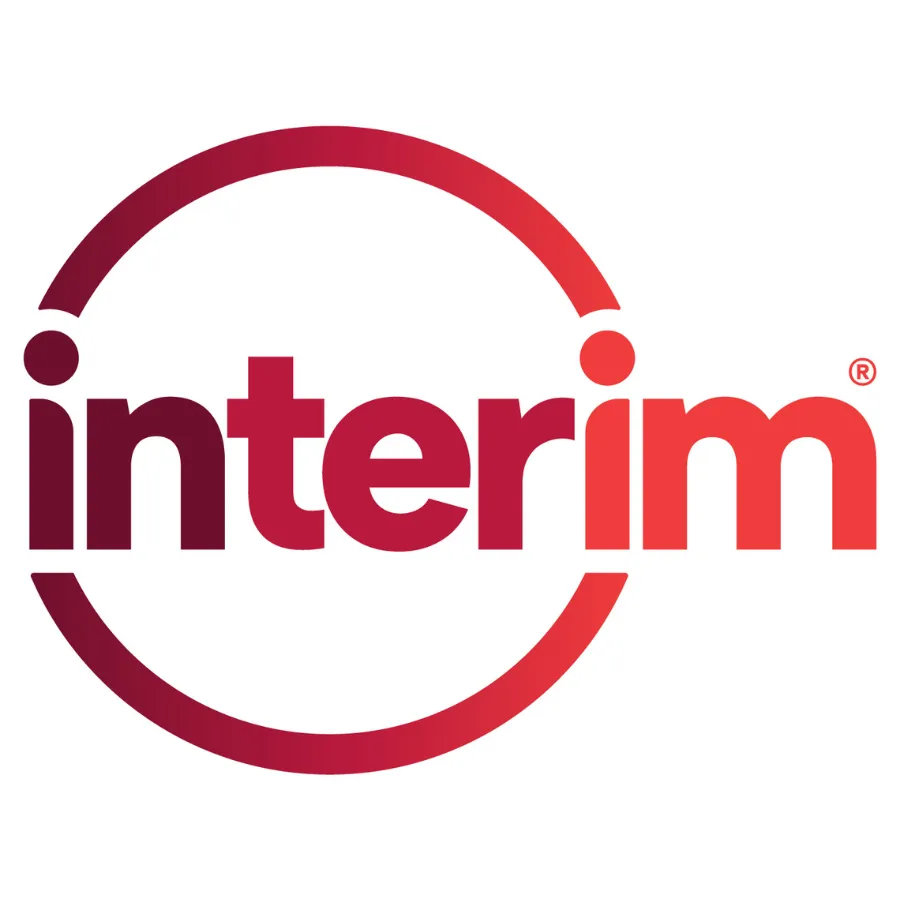No Care
What it is
No care means the senior continues living independently with little to no outside support, even as daily challenges or health issues begin to appear. This is often the “default” option when families delay making a decision.
Pros
No immediate cost – No payments for caregivers, facilities, or services.
Full independence – Seniors live completely on their own terms.
No disruption – No changes in living arrangements, routines, or finances.
Cons
Safety risks – Falls, medication errors, malnutrition, or loneliness can go unnoticed.
Crisis-driven decisions – Families often wait until an emergency forces rushed, stressful moves.
Family guilt – Adult children may constantly worry but feel powerless.
Decline accelerates – Without help, health and independence can deteriorate quickly.
Isolation – Seniors may become lonely and depressed without support.
It's right for you if:
Your parent is still fully independent and managing well on their own.
The family has agreed to take a “wait and see” approach, accepting the risk of a future crisis.
The senior is adamant about no outside help, and the family is willing to honor that choice — at least for now.
Finally:
Choosing no care is typically a temporary stage, often until a fall, hospitalization, or significant decline forces a change. It’s rarely sustainable, but it remains the most common first step simply because families delay difficult decisions.


